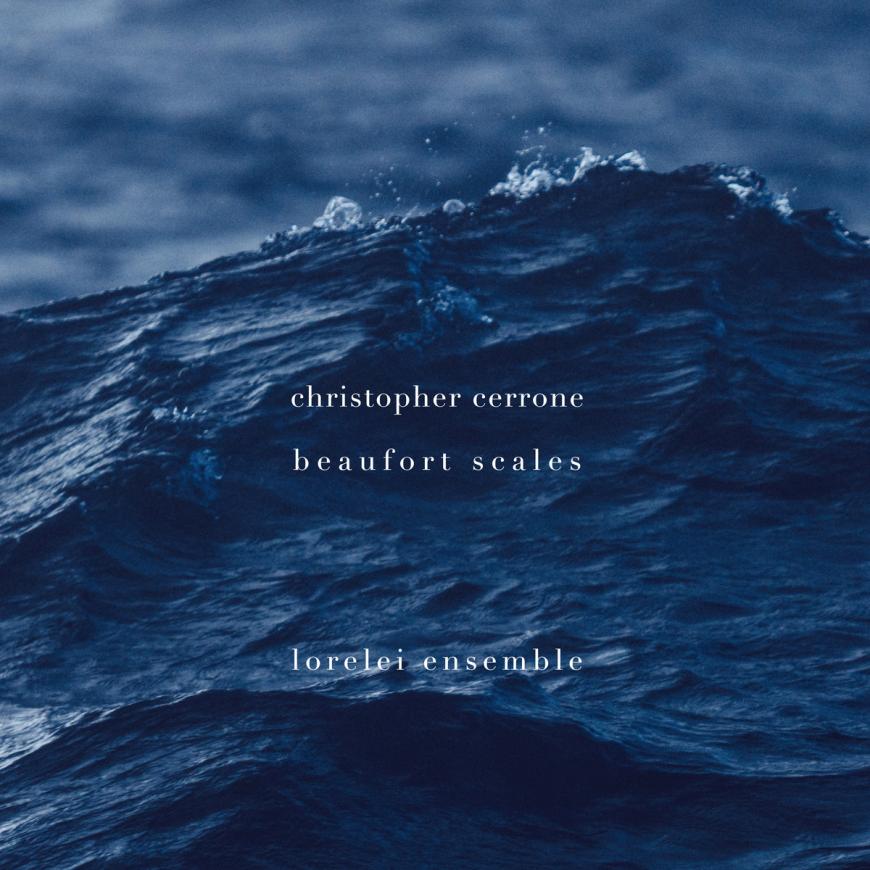
Christopher Cerrone, whose opera Invisible Cities launched him and The Industry, director Yuval Sharon’s maverick opera company, to national prominence, may be the first composer to find inspiration from the Beaufort scale. Now what is that? It’s a standard scale devised by the Royal Navy officer Francis Beaufort in 1805 that measures wind speed in relation to sea and land conditions. The scale consists of 13 steps from zero to 12, with zero meaning “calm,” all the way up to 12’s “hurricane-force,” each step with a short yet elegantly detailed description of what to expect.
Thus moved, Cerrone devised a semi-a-cappella work for the eight female voices of Lorelei Ensemble and electronics, called — of course — Beaufort Scales. The piece, based on the ascending path of the scale, with a text containing words taken from the scale’s descriptions, would seem to call for a continuous crescendo a la Maurice Ravel’s Boléro. But it’s not that simple, for Cerrone intersperses spoken verses about the wind and sea by F. Scott Fitzgerald, Herman Melville, and Anne Carson as interludes amid the growing turbulence.

The piece, now available in a recording from Cold Blue Music, begins with a “calm” Prelude of hissing electronics and whispered voices. Upon “Step 1,” voices treated with digital delay whisper the words “ripples” and “scales” back and forth in stereo as electronic sounds of wind and sea stir up underneath. “Small and large wavelets” are the next words to bounce back and forth as the female voices become more intelligible and forthright. As the sea waves grow higher, the voices grow louder, the repetitive patterns within each step becoming hypnotic in effect.
By “Step 7,” the voices are shriller, even overloaded, and ominous words like “visibility” and “structural damage occurs” can be heard. Ultimately Melville speaks of a storm at sea, and the section subtitled “Very high waves” sounds as if Cerrone is emulating Philip Glass’s Einstein on the Beach in his cyclic treatments of the voices. By the time “trees uprooted” can be heard, we are in “Step 11,” and the voices are now unintelligible, blurred into the electronic foam and spray. When a lone voice says, “You say it will be fair weather, for the sky is red,” the electronic storm — and the piece — ends.
It’s all mostly pleasing to the ear and seemingly made-to-order for a label like Cold Blue Music that specializes in environmental soundscapes. Cerrone also doesn’t outstay his welcome, getting everything done in just under 35 minutes.




